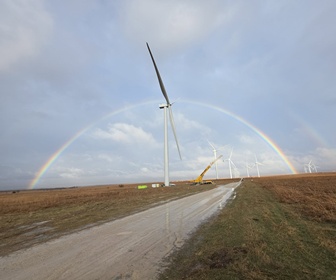The Irish government has adopted a new Strategy Statement on Private Wires, introducing a reform to electricity infrastructure rules. The changes are intended to unlock private sector investment in electricity infrastructure, particularly for renewable generation and storage. The strategy also supports lower-cost electric vehicle charging and expands options for self-supply of electricity.
Currently, only ESB Networks can own lines transmitting electricity from a generator to a consumer. Following consultation with industry, the government will now permit private ownership of such lines in specific cases:
- Direct connections between a renewable energy generator (such as a wind or solar farm) and a consumer (such as an industrial facility), where this approach is faster or more efficient than connecting both parties to the public grid;
- Shared grid connections, allowing one generator or battery installation to share access with another, even if owned by a different company—an arrangement previously restricted by rules against private wires;
- Electric vehicle charging infrastructure, allowing private lines where they enable on-street charging solutions; and
- Neighbour supply, enabling a firm that generates its own electricity to supply a neighbouring customer, as long as the line does not cross land owned by a third party.









